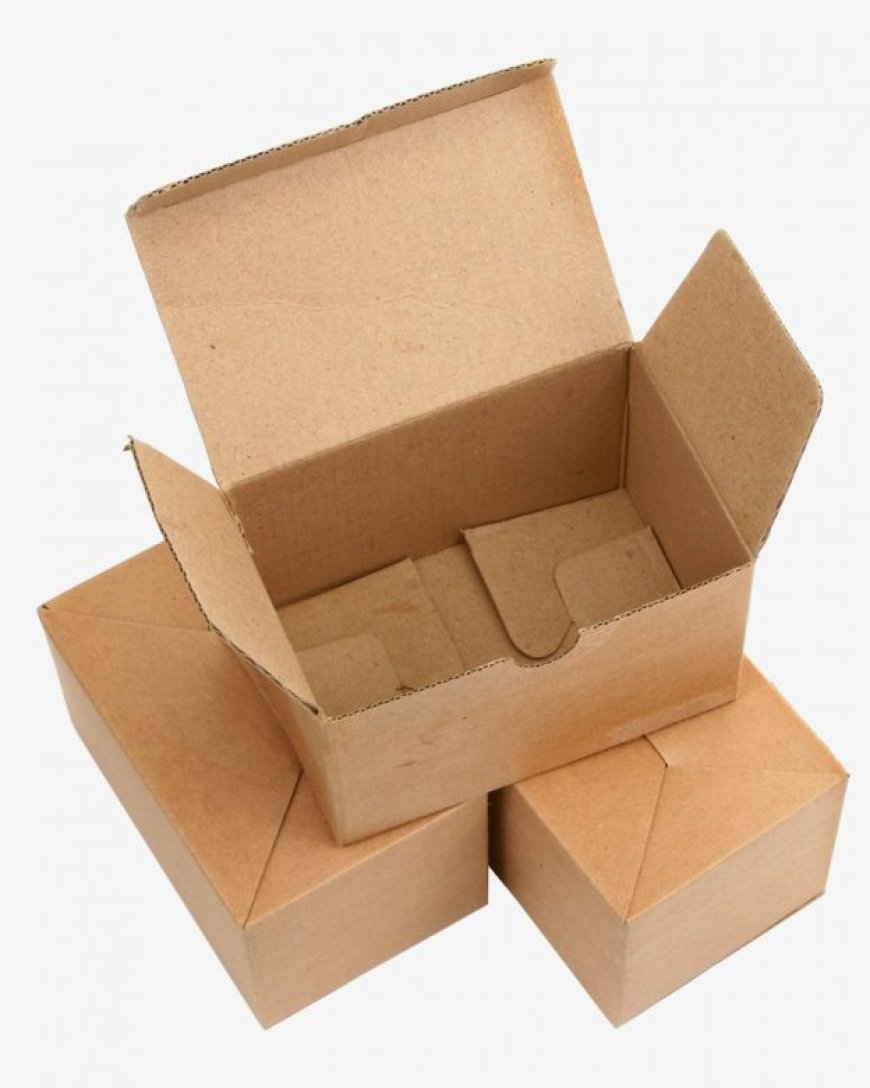The Significance of Personalized Packaging
In the ever-evolving landscape of commerce, where brands vie for consumer attention and loyalty, the significance of personalized packaging has emerged as a powerful tool for businesses

Beyond the traditional roles of protecting and presenting products, personalized packaging adds a unique layer of engagement and connection between brands and consumers. This article delves into the multifaceted significance of personalized packaging, exploring its impact on brand perception, consumer experience, and overall market competitiveness.
1. Fostering Brand Identity and Recognition:
Personalized packaging serves as a visual representation of a brand's identity. By incorporating distinctive logos, colors, and design elements, brands create a consistent and recognizable image. This visual cohesion not only fosters brand loyalty but also facilitates instant recognition in a crowded marketplace.
2. Enhancing the Unboxing Experience:
In the age of online shopping, the unboxing experience has become a crucial moment of consumer interaction. Personalized packaging elevates this experience, turning a routine unboxing into a memorable event. Customized messages, thank-you notes, and branded tissue paper contribute to a sense of exclusivity and connection.
3. Tailoring to Target Audiences:
Different consumer segments have unique preferences and expectations. Personalized packaging allows brands to tailor their approach to specific target audiences. Whether it's through culturally relevant designs or eco-friendly packaging for environmentally conscious consumers, customization enhances resonance with diverse markets.
4. Standing Out on the Shelf:
In a retail environment saturated with choices, personalized packaging acts as a visual differentiator. Eye-catching designs and personalized elements draw attention, prompting consumers to choose one product over another. This competitive edge becomes particularly crucial in influencing purchasing decisions.
5. Building Emotional Connections:
Consumers are increasingly seeking emotional connections with the brands they support. Personalized packaging creates an avenue for brands to communicate their values, stories, and personality. When consumers feel a personal connection, they are more likely to become brand advocates.
6. Encouraging Brand Loyalty:
Personalized packaging contributes to the overall brand experience, fostering a sense of loyalty among consumers. When individuals feel that a brand goes the extra mile to create a personalized and enjoyable experience, they are more likely to remain loyal and become repeat customers.
7. Adapting to E-Commerce Trends:
As e-commerce continues to dominate the retail landscape, personalized packaging becomes increasingly relevant. Brands have the opportunity to deliver a unique experience directly to consumers' doorsteps, compensating for the lack of physical interaction that traditional brick-and-mortar stores provide.
8. Showcasing Limited Editions and Special Occasions:
Personalized packaging is particularly effective for limited editions and special occasions. Whether it's a holiday-themed packaging design or a limited-edition product launch, customization adds a sense of exclusivity and urgency, driving consumer interest and sales.
9. Sustainable Packaging Customization:
In response to growing environmental concerns, brands are incorporating personalized elements into sustainable packaging. From reusable materials to personalized recycling instructions, customization plays a role in communicating a brand's commitment to eco-friendly practices.
10. Data-Driven Personalization:
Advancements in technology allow brands to leverage data for personalized packaging. By analyzing consumer preferences and behavior, brands can tailor packaging designs, promotional inserts, and even product recommendations, creating a more personalized and relevant experience for each customer.













